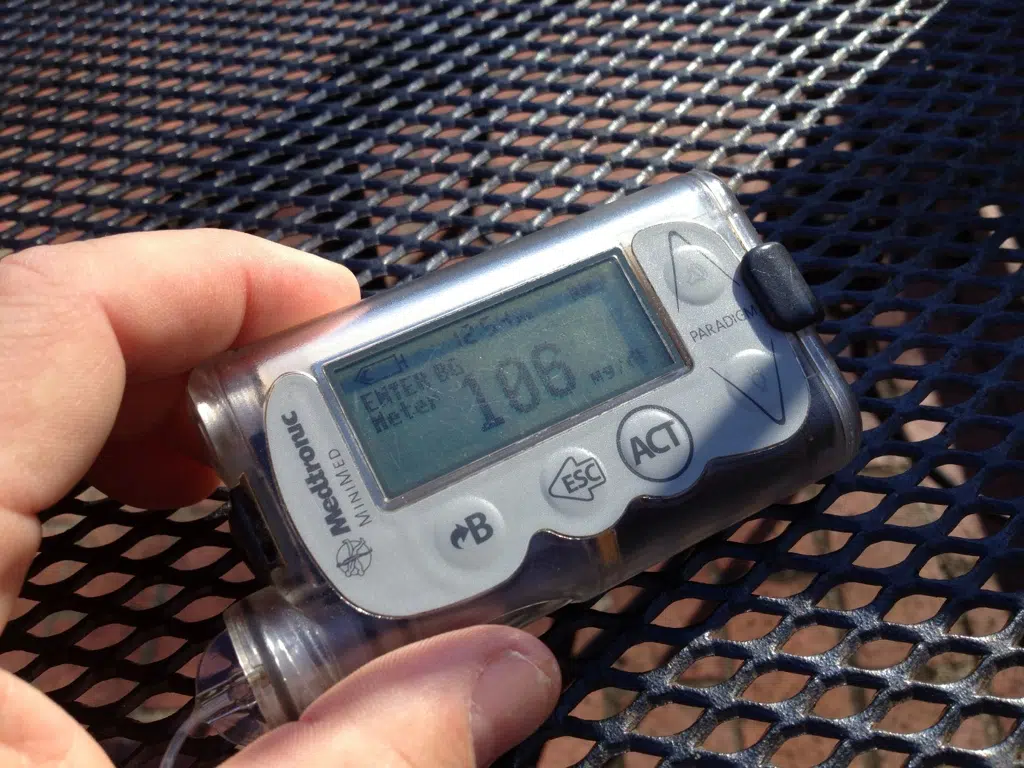We are expecting to learn more this week about changes to the New Brunswick Insulin Pump Program.
Health Minister Bruce Fitch will announce program improvements during a news conference in Moncton on Monday.
The provincial government set aside more than $2 million as part of the 2023-24 budget back in March.
It will be used to remove the age cap on the program and include coverage for continuous glucose monitoring, or CGM.
Currently, the insulin pump program only supports New Brunswickers living with diabetes up to 25 years of age.
It will also update the family contribution calculator to determine how much an individual or family must pay toward the purchase of an insulin pump and/or supplies.
Maria Campbell, director of government relations at Diabetes Canada, has said these changes will be huge for those living with diabetes.
“Managing your diabetes is a 24/7 job, there’s no breaks and no vacations. These devices are life-changing for those that will need them to manage this chronic condition,” Campbell said in an interview in March.
RELATED: Funding for N.B. residents with diabetes welcomed
Insulin pumps are an alternative to multiple daily injections for people with diabetes. The small computerized device delivers a continuous amount of insulin through a thin tube that goes under a person’s skin.
Continuous glucose monitoring tracks blood glucose levels, or blood sugar, throughout the day and night. Diabetes Canada said this gives people with diabetes a more complete picture of their blood sugar control.
While these can be life-saving devices for people living with diabetes, the costs often leave them out of reach for many.
“Insulin pumps carry a $6,000 to $7,000 price tag, and CGMs carry an annual price tag of $3,500 to $6,000,” said Campbell.
On average, annual out-of-pocket costs can be up to $10,000 for people with Type 2 diabetes and $18,000 for people with Type 1 diabetes.
Campbell said the additional financial support from the province will help offset those costs so people living with diabetes do not have to choose between paying their food and rent or managing the chronic condition.
Better diabetes management will also lead to fewer complications and reduce hospitalizations, she said, which will reduce overall health-care costs.






Comments